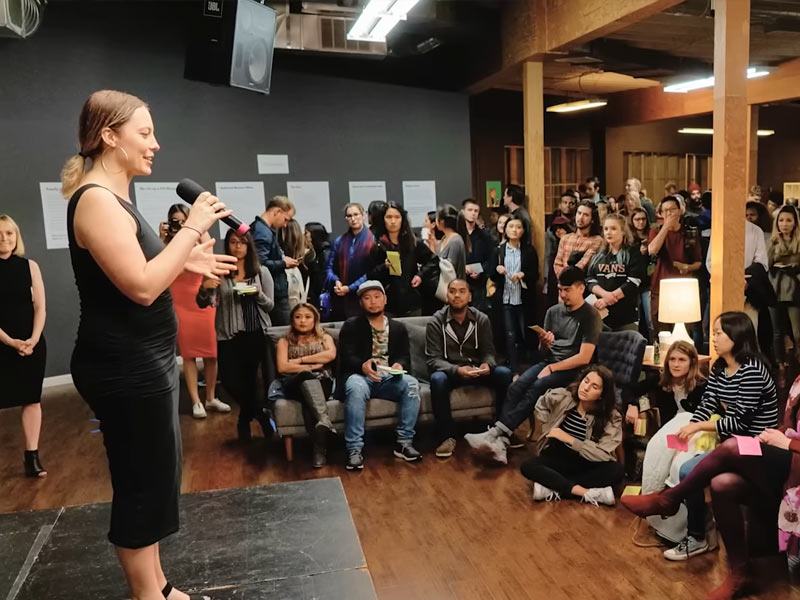The narrative culture of a failed American startup is stuck in a never-ending circle. First, a credible investigative story is published.
This exposé raises eyebrows in the business. Filmmakers read the article and contact the author. The documentary follows, with a story of a breakthrough Silicon Valley firm and its appealing but enigmatic founder.
The story follows the same pattern: high beginnings, the honeymoon phase, joyful testimonies, sinister undertones, inconsistencies, claims, and collapse. (You can be certain that Gwenyth Paltrow’s name will surface, either directly or indirectly.) She is the Hollywood equivalent of Novak Djokovic). Then there’s the limited series, which stars A-listers in Emmy-nominated performances. This is when mainstream online talk erupts.

The second step of this IP cycle is Orgasm Inc: The Story of OneTaste, directed by Sarah Gibson and Sloane Kevin. It relates the cautionary tale of OneTaste, a sexual health firm founded by a Yoga instructor whose main instruction is “orgasmic meditation,” (OM), a technique dedicated to the art of female orgasms.
(I know what you’re thinking: a male showrunner is unavoidable for the limited series.) It hits all the usual beats, including interviews with the reporter, former members and staff, celebrity endorsements (yes, Paltrow included), and, finally, victims and their families. The behind-the-scenes material, which includes graphic OM sessions (with obscured faces) and live demos, was shot by a former OneTaste videographer.
Ironically, this documentary chronicling the emergence and fall of a cult-like corporation is currently embroiled in an ethical debate. Netflix is being sued for utilizing the film without the permission of the company’s current and former associates and participants (the obscured faces). It’s a tricky claim to make, considering that the majority of these individuals were formerly part of an organization that publicly touted its ‘desire-based wellbeing’ in videos for years – until it all came crumbling down.
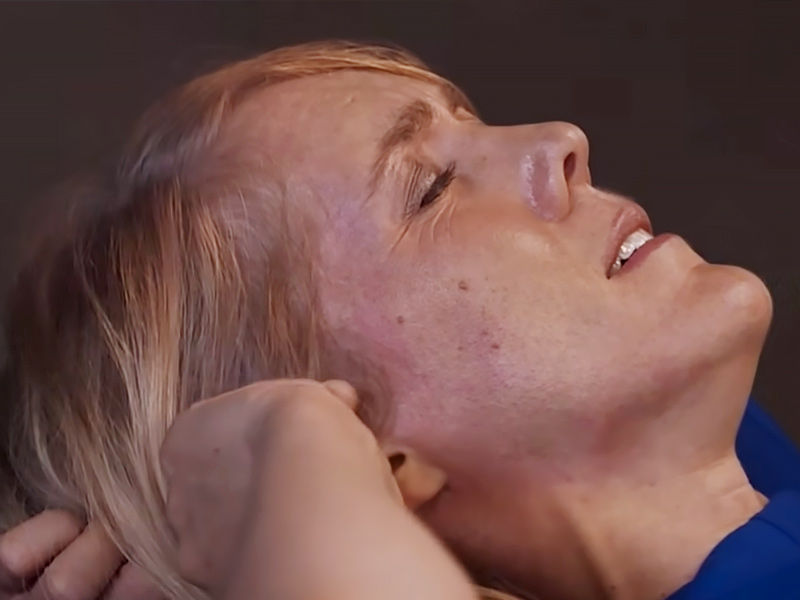
In any case, the documentary is available on Netflix, not least because OneTaste is still being probed by the FBI. It’s an engrossing yet brief viewing. There’s a lot more to it, thus the narrative begs for an eight-part true-crime series. How sick would it be if Paltrow accepted to be the cover girl?
My money is on someone like Blake Lively. Nicole Daedone, another dazzling blonde female creator, is the documentary’s key protagonist. Daedone is a personality hybrid of Adam and Rebekah Neumann from WeWork and Elizabeth Holmes from Theranos, with hints of Anna Sorokin and perhaps Ma Anand Sheela.
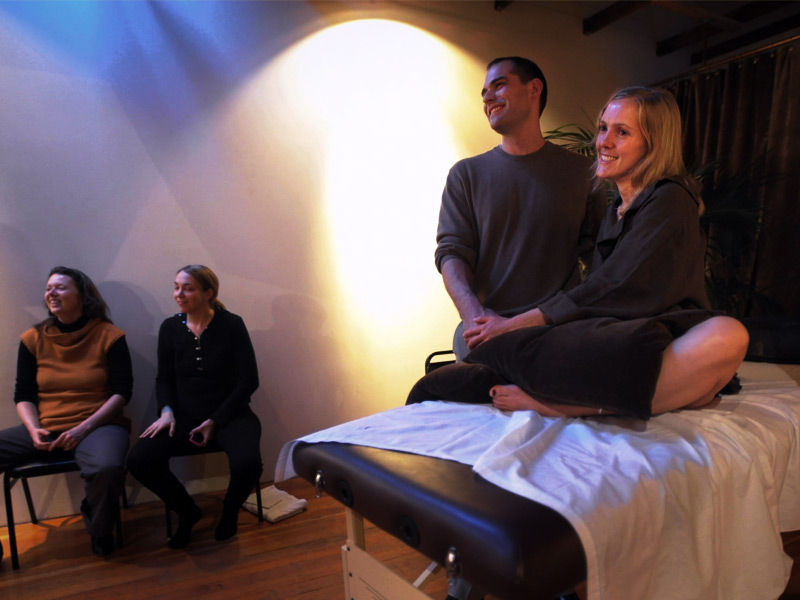
The way everyone talks about her – of course, Netflix couldn’t interview her; what would be the point if they did? – is intriguing. They almost seem to comprehend how silly she made them appear just by her charm and persuasive skill.
Daedone is seen with considerable flare leading coaching programs and warehouse community setups. Words like “clit-thrill cult” and “victim tale” flow of her mouth with frightening ease. She is seen gleefully flashing red flags (that are hidden behind rose-colored glasses), making provocative remarks (“if you’re constantly turned on, women, there’s nothing to rape”), luring male customers, and even directly engaging in an OM demo session to win over possible investors.
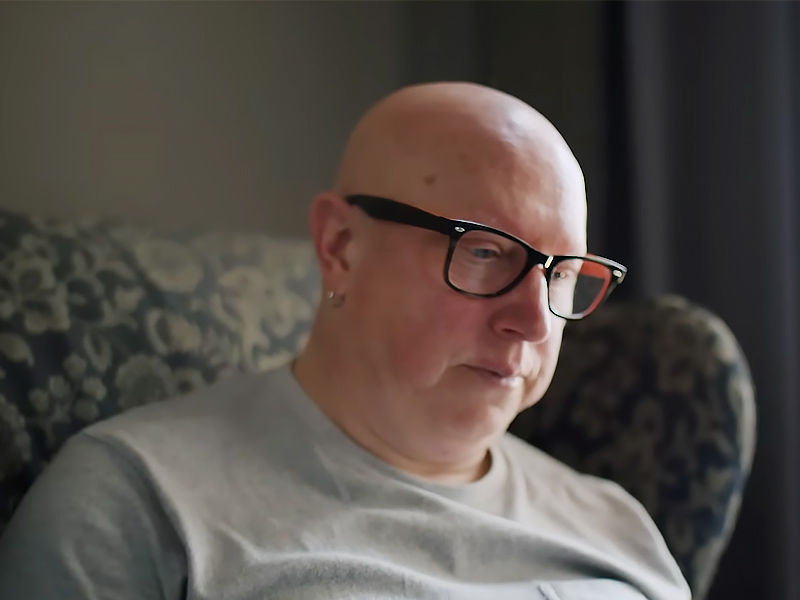
She establishes an ‘orgasm church,’ intending to convert OneTaste into a religion replete with priests and adherents. And, like any self-respecting psychopath, she is shown telling several versions of her history that no one can verify: as a stripper, as a girl exploited as bait by a child-molesting father.
The former workers who talk about their history, like most other films in this genre, follow the rhythm of the narrative. They, too, sound delighted and satisfied with Nicole at first, painting a picture of a visionary leader/Goddess. Then they get more contemplative, disclosing her gaslighting practices, workplace toxicity, and the company’s questionable rules.
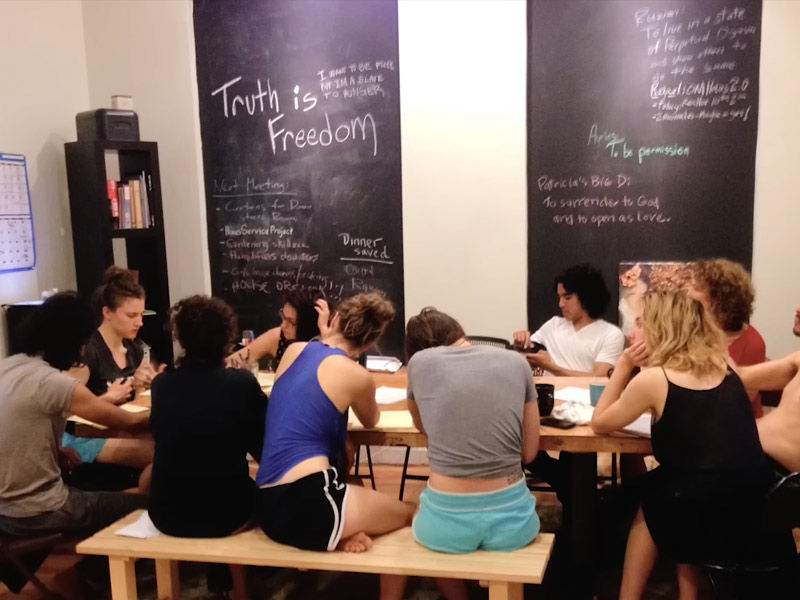
Daedone skilfully preyed on childhood fears at one point; at another, she declares that it is a woman’s role to soothe men’s fundamentally predatory inclinations. OneTaste is a clear wacky blue-state celebration of sex and spirituality from the start, but in this instance, reaching this conclusion almost feels useless.
I’m always curious about what the filmmakers ask their subjects to move them from one timeline to another – “imagine you’re back in 2008; talk in the present tense,” followed by “now show your genuine wrath and expose her.” It’s a different way of using suffering for narrative impact. The interviews must be so precisely tuned that there is little room for genuine emotional release or catharsis.
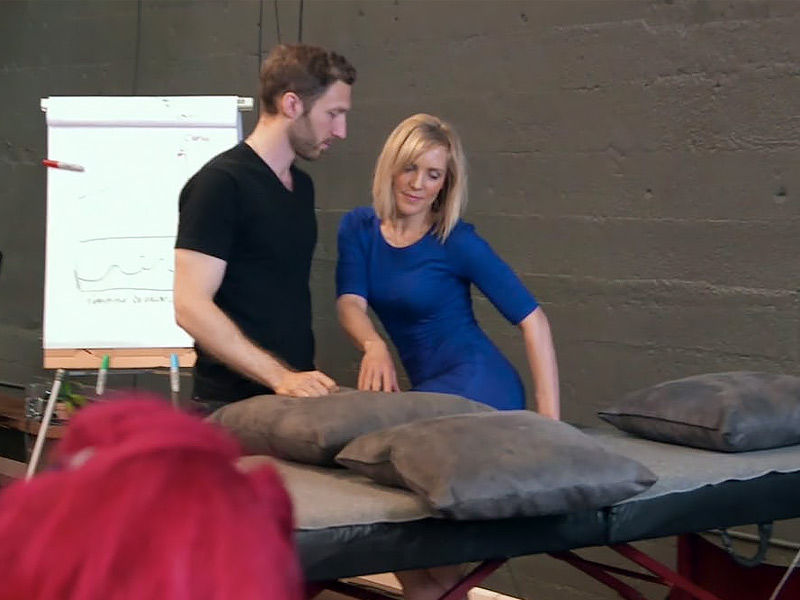
Orgasm Inc brilliantly reveals the subtext of believing in the American Dream. Nicole Daedone uses her gender and sexuality to get money. It’s possible that, like Holmes, she is seen as a more hazardous and ethically ambiguous perpetrator than most male entrepreneurs. Both Holmes and Daedone are members of such a gender-biased boys’ club that when they finally get an opportunity to make a difference, they go for broke – and usually wind up violating more lines and, as a result, causing more harm.
Daedone’s ’empire,’ like Holmes’ illicit deeds, had a tangible impact on individuals. This cannot be said of Adam Neumann or Mark Zuckerberg. However, it is males like them who are involved in the formation of their more brutal – and condemned – female equivalents.
Also read: 8 Ways To Manage Anxiety In Public Places
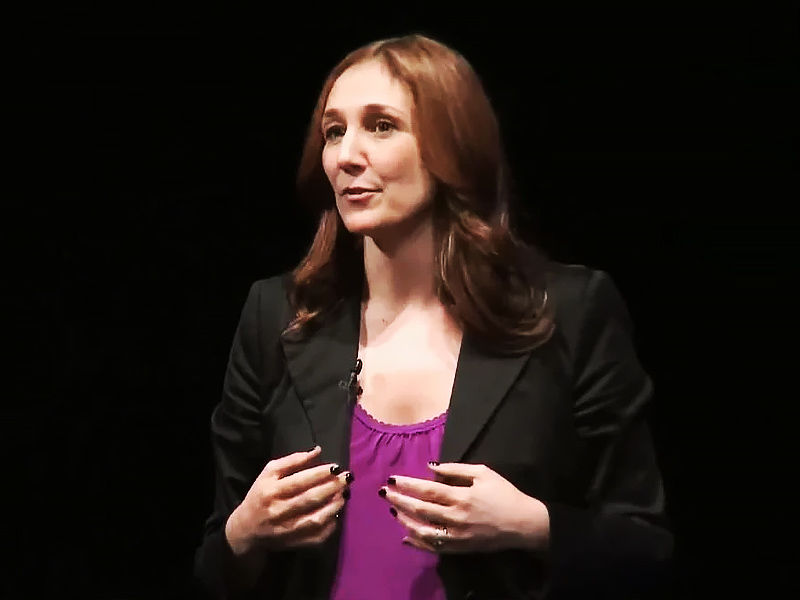
The documentary informs us virtually little about Nicole Daedone and her background. But it’s not difficult to envision if you look hard enough. She is an entrepreneur who aspired to the top. Neumann and Anna were both immigrants who aspired to greatness.
The world is no place for the downtrodden, which is why fairytales are frequently based on rags-to-riches stories rather than powerful visions. People want to see people like Daedone and Holmes flourish – unless they don’t.





















